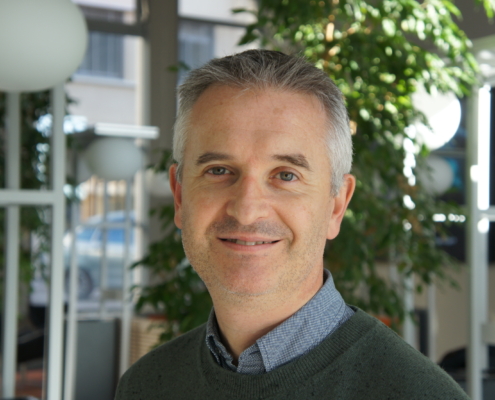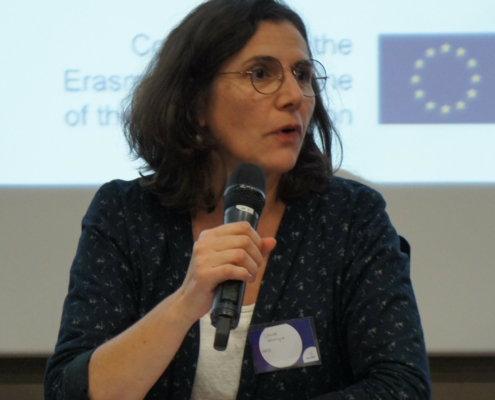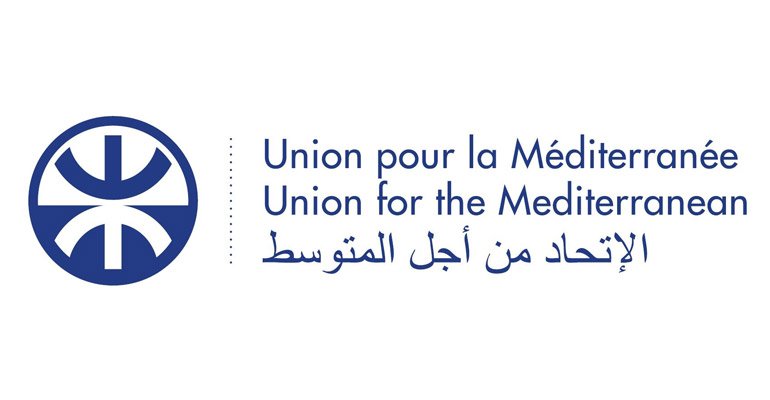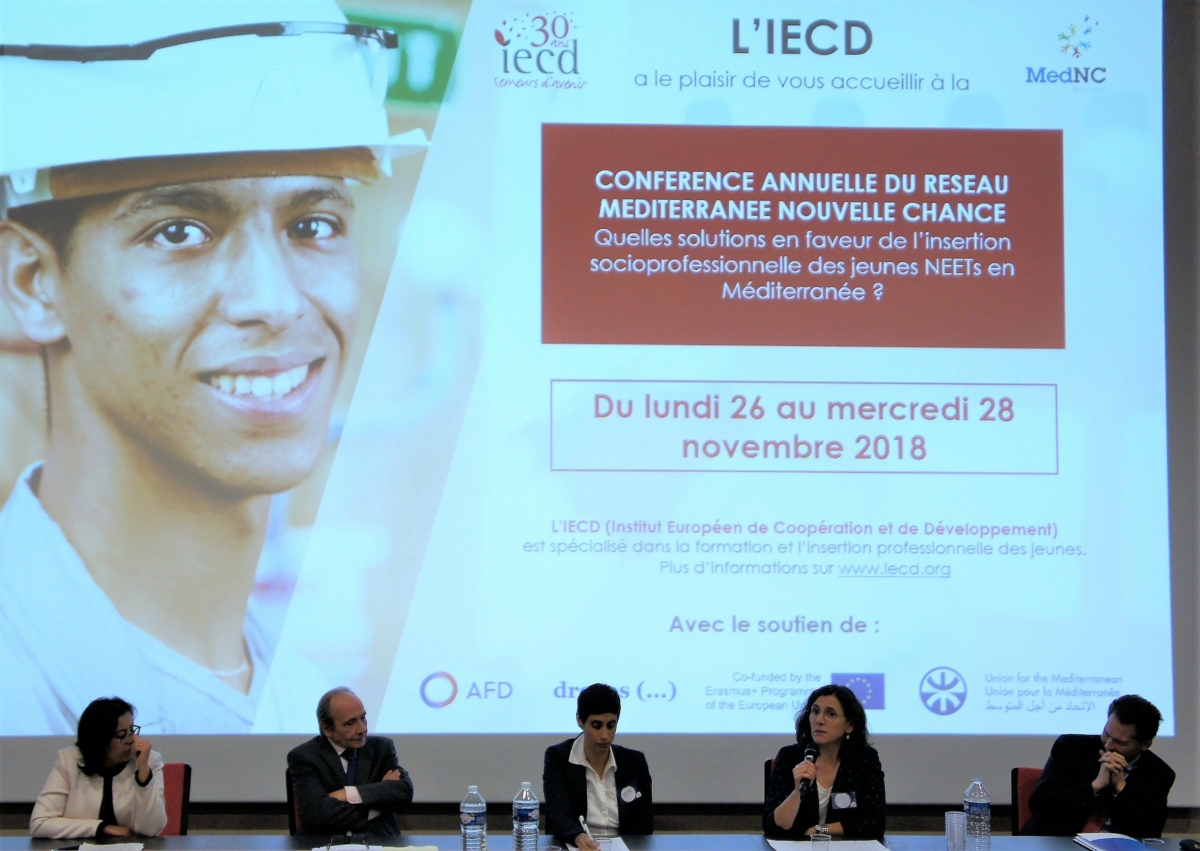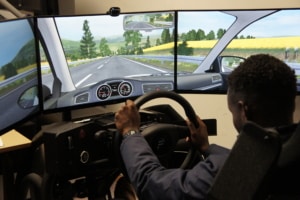WHAT SOLUTIONS FOR THE SOCIAL AND PROFESSIONAL INTEGRATION OF YOUNG NEET IN THE MEDITERRANEAN AREA?
The annual conference of the MedNC network took place from 26 to 28 November 2018 in Marseille. It brought together more than 80 socio-professional integration stakeholders of the Euro-Mediterranean area with the aim of exchanging and sharing good practices. .
Youth unemployment rates in the Mediterranean region are among the highest in the world: 35.8% in Tunisia, 34.4% in Egypt, 34% in Spain, 32% in Italy, 23.9% in Algeria and 20% in France in 2017.
In 2018, according to the International Labor Organization (ILO), 1 in 4 young people on average are neither employed, nor in training, nor in education (NEET) in the northern region of Africa.
At the same time, hundreds of thousands of jobs are not filled, particularly because of the inadequacy of the profiles for the positions sought.
There is an urgency to put in place solutions that enable young people without employment, education or training (NEET) to find a place in the labour market. With this thought, the Institut européen de coopération et de développement (IECD), in partnership with the General Secretariat of the Union for the Mediterranean, organised the annual conference of the Mediterranean New Chance Network (MedNC) entitled “What solutions for the social and professional integration of young NEET in the Mediterranean? “from 26 to 28 November 2018 in Marseille.
From left to right: Mrs. Itaf BEN ABDALLAH, Senior Advisor for the Union for the Mediterranean (UpM); Mr. Patrick ZAOUI, City Councillor for the Municipality of Marseille, delegate to the Deputy Councillor for the Economy, in charge of Vocational Training and Second Chancel Schools; Mrs Shazia ISLAMSHAH, Programme Head at the Drosos Foundation; Mrs. Véronique Sauvat, Head of the Education-Training-Employment Division at the French Development Agency (AFD); Mr. Alexis BÉGUIN, Director General of the IECD.
THREE DAYS TO MOBILIZE AROUND CONCRETE SOLUTIONS
The MedNC network in 2018 represents 26,000 young people and 100 partner centers in eight countries: Algeria, Egypt, Spain, France, Lebanon, Morocco, Portugal and Tunisia.
The first two days of the conference were devoted to the strengthening of the network’s member structures’ competences thanks to very specific training designed to meet their needs (cross-cutting competences, guidance and access to employment, integration surveys, mobility, and development of partnerships), as well as the discovery of eight innovative socio-professional integration measures based in Marseille : Acta Vista, EPIDE, E2C de Marseille, Massajobs, Mission Locale, Passerelles Numériques, Simplon, Skola, and RMEI.
A third day was proposed to stakeholders in order to present best practices in the field of socio-professional integration outlined in a first guidebook. The focus was also placed on the prospects of the project being extended, in particular by encouraging public authorities to support convincing initiatives and appropriate them for themselves. The conference brought together 80 people, including representatives from ministries, local authorities, experts, and corporate foundations, such as the Nexans Foundation, Total Foundation and Fondaher. It was closed by the institutional partners of the MedNC network – the French Development Agency, the Drosos Foundation and the Union for the Mediterranean – which all confirmed their support for the network.
Among the visits in Marseille, Epide attracted a great deal of interest. Epide in Marseille welcomes 180 young people without any diplomas or qualifications on a residential basis for a period of eight months. A public often from the city’s difficult neighborhoods. 50% of the young people completed the program successfully. The project’s success is based on the global approach to young people’s problems: health, hygiene, sport, citizenship, life skills, professional project, personal development, work placements, etc. Each Epide center also has its own driving school: not having a license is a major obstacle to finding a job. Opposite, a young person preparing for his test on a driving simulator.
A great thank to the École de Commerce et de Management (EMD) of Marseille, which hosted the conference and all the organizations who kindly gave their time to help us discover their devices: Acta Vista, EPIDE, E2C de Marseille, Massajobs, Mission Locale, Passerelles Numériques, Simplon, Skola, and RMEI.
In the press…


